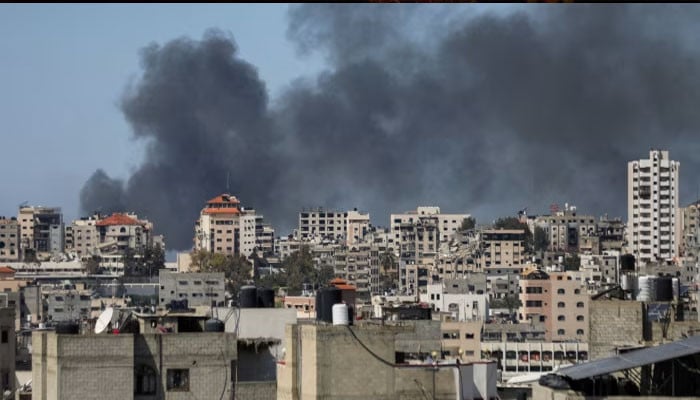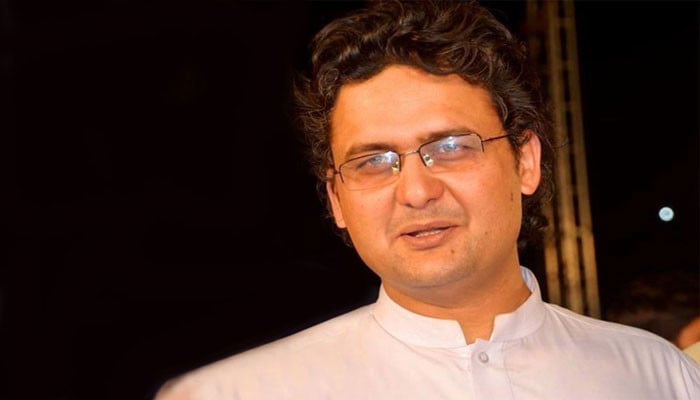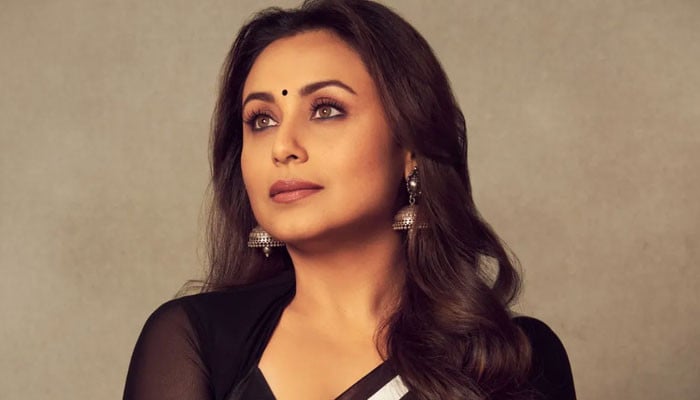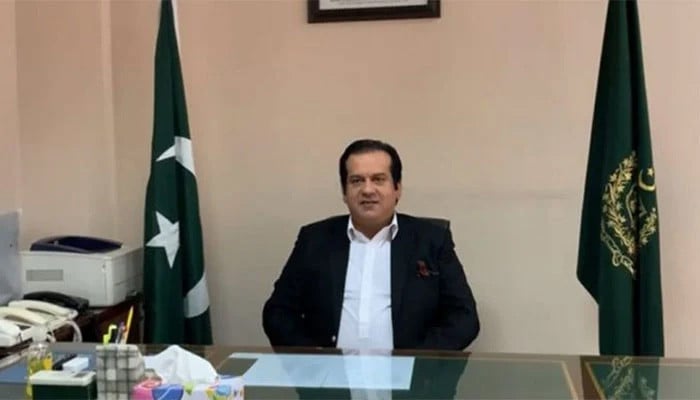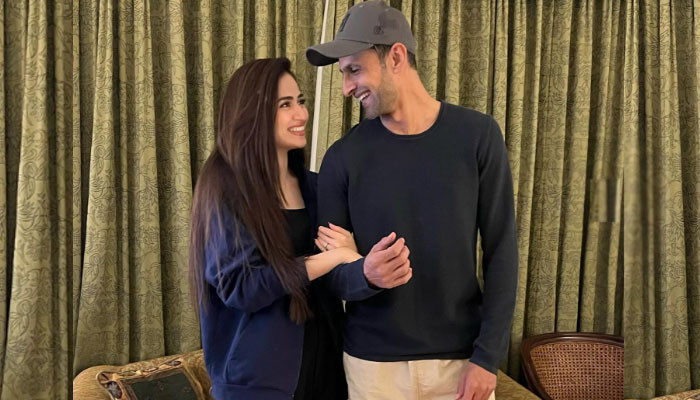[ad_1]
Are you a mom looking for the best most schools in Jeddah? Or may be you would like to know what are the most popular schools near you? Well, I’ve got some advice for you.

Every time someone asks me ‘what’s the best schools in Jeddah’, my first question is “What curriculum?” Because the truth is that unlike back home (wherever your home may be), here in Saudi Arabia you have a lot of choice!
Want to read about my experience with School-hunting? Well… I have a lot to tell you.
Two things to look for in Schools in Jeddah:
In Saudi Arabia, when you are looking for schools, you should ask yourself a two good questions – what curriculum and what location. Because the answer to both these questions will give you a lot of things to think about.
Location of School is very important
When you are talking about even just Jeddah, this is a very big city. If it takes your child an hour in the morning and another in afternoon, wouldn’t it be really hard on the child?
Also, if you wanted to plan activities for your child, it can get even more difficult to run about all over town.
Then there is the question about safety. Because think about it: if you had to rush to your child in (God Forbid!!) an emergency, wouldn’t it be easier if the school was NOT at the other end of town.
So, meaning to say: do consider giving priority to location over popularity!
Types of Schools in Saudi Arabia
In Saudi Arabia, there are three types of schools.
- Public Schools
- Community Schools
- International Schools
Public schools are the Government schools.
They are all Arabic and follow the Saudi Curriculum.
Saudi children and those with at least one Saudi parent study free, as well as children of refugees. Expats have a minimal fee. To enroll in these schools, you have to register through your Absher account.
Public schools have mostly Arab children because the medium of instruction is Arabic but you will find expats too. Every district has their own public school – whether that is kindergarten (Rawdah) or middle school or high school. Depending on who lives in that locality you may or may not have expats studying there.
Community Schools in Jeddah
Community Schools are those that owned by the respective Embassies of each country. In the past, these schools were actually called Embassy Schools but these days, they are all called International (Country name) Schools.
So for example: International Indian School, Pakistani International School, the British International, American International, Bangladeshi International School, Korean, etc…
These Community Schools follow the curriculum of their own country or whatever curriculums are popular in their country. (For example: Pakistani International has an IGCSE as well as an Urdu medium, Bangladeshi has IGCSE.)
Most Community Schools take only nationals of their country. If one of the parents don’t belong to their country then you may need special permission to get your child admitted there. The rules vary… so you have to check. But the good thing is that your child’s friends will be from your own country!
Fees for Community Schools varies. Some Community Schools are quite affordable but some … well… not so much!
Private Schools in Saudi Arabia may be English or Arabic.
They are owned by private companies. They may follow either the Saudi Curriculum or any International curriculum like IGCSE, American Board, CBSE, IB or any two of those curriculums.
So, to be clear: a private school may follow the Saudi Curriculum or the International ones. Those that follow international syllabus all have “International” in their names.
Examples of Private Schools are: Thamer (IGCSE and American), Global (they have an Arabic and English section (IGCSE and American), Manarat Jeddah International (three schools with Saudi Curriculum (Arabic language only) , IGCSE and American (English medium)) , Children’s Garden (Saudi and American Diploma), Dar al Fikr…, Al Waha International School (IGCSE), Delhi Public School (CBSE), Al Wurood International (CBSE) and so on…
These schools have both Saudi and Expat children. Sometimes one more than the other. Fees varies too. It also depends a lot on the curriculum and community that they have.
Private Day cares and Nurseries
Apart from these schools, you will also find private nurseries or Kindergartens. These schools generally don’t follow any curriculum as such. They may say they are “Montessori method” or that they are “play based” or “American Diploma”… but in my personal experience, they don’t 100% follow any strict curriculum.
Private nurseries, daycares and Kindergartens may be Arabic medium, English or mixed in terms of not just language of instruction but also who studies there.
Popular Schools in Jeddah
Now, the question comes back to what is the best most popular schools in Jeddah. So, remember now, we have our location clear… so here is a few places that people love in no particular ranking. I am just listing them out.
- Thamer International School
- British International School
- American International School
- German International School
- International Indian School (IISJ)
- Pakistani International English School (PIESJ)
- Bangladesh International School
- Jeddah Knowledge International School
- Jeddah Prep and Grammar School
- Al Yusr International School
- Manarat Jeddah International School
- Global International School
- Al Kon International School (Arabic version of Global International School)
- Al Waha International School
- Al Wadi International School
- Al Wurood International Schools
- Dar Al Fikr
These are just some of the popular schools that I am mentioning here. The only way for you to find out if the school is “the one for you” or not, is to go visit the school, take your child with you and interview them. 🙂
Hey, want to stay in touch?
Subscribe to the Jeddah Mom Tribe! We send a weekly email with all the updates from our site and more!
Related
[ad_2]
Source link






































